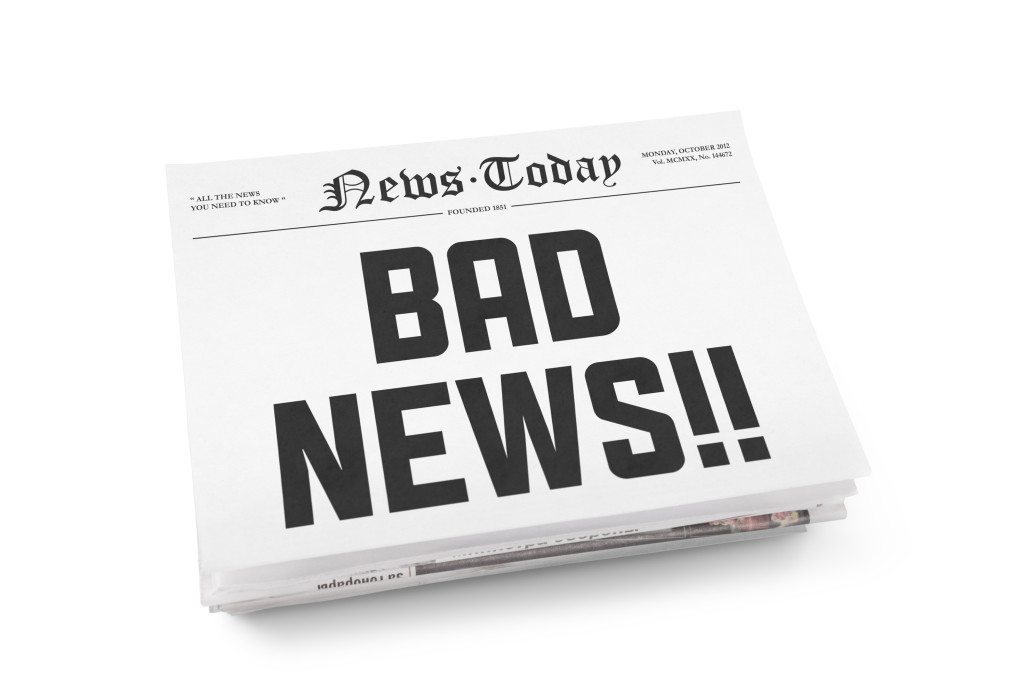On August 11, 2021, the Inspector General of the Department of Commerce (“OIG”), which oversees the USPTO, issued a scathing report on the state of the USPTO’s control over the integrity of the Trademark Register. The report discussed a number of areas of concern, including the enforcement of the U.S. Counsel rule, as well as specimen and fraud concerns. Important to the IP ethics space, though, is how the USPTO (and OED) may react to the concerns raised by the OIG.
U.S. Counsel & Domicile Rules
The report took issue with the USPTO’s handling of the U.S. Counsel rule, which requires foreign-domiciled applicants to be represented by an attorney licensed to practice law in the U.S., as well as a prior rule that required applicants to provide their domicile address. Specifically, the OIG noted that over 60% of applications they reviewed did not contain sufficient documentation for or an acceptable domicile address, the lynchpin to the requirements under the U.S. Counsel rule. Moreover, the report highlighted that the “USPTO lacks adequate policies and procedures to identify and refer attorneys with high levels of inaccurate applications to OED for investigation and potential discipline or outreach and education.” This is crucial because the report cited OED’s authority over U.S. attorney (and not foreign attorneys or actors) as the basis for the U.S. Counsel rule.
Digitally Altered Specimens
The report also discussed the USPTO’s progress (or lack thereof) with enforcing the requirement of accurate specimens. In fact, the report alleged that, out of 448 applications reviewed, about 37 percent had indicators that the specimens may have been altered or “mocked up.” On the other hand, only 8 percent of maintenance filings had such indicators. However, the OIG went on further to state that there were instances where an examining attorney may not have been able to uncover such issues without reviewing the website, claiming the lack of coordination could hamper the USPTO’s efforts to fight fraud.
USPTO’s Response
The USPTO’s response, included in the final report, discusses a number of steps taken by the USPTO to combat fraudulent filings, including the creation of a task force, the new rule changes under the Trademark Modernization Act, and others. Important for our consideration, though, is the USPTO’s potentially flawed claim that the Commissioner for Trademarks has alleged authority to sanction individuals. Specifically, the USPTO claimed that: “[b]ased on any response to the Show Cause Order received, the Commissioner has the authority to issue a Final Order for Sanctions…” While not discussed in detail here, this idea is flawed for many reasons, namely a procedure devoid of protections under the Administrative Procedure Act, and not in line with 35 USC 32. Of course, the USPTO also claimed in their response that fourteen U.S. attorneys had been referred to OED for what appear to be potential violations of the USPTO Rules of Professional Conduct.
Changes for Trademark Practitioners
As with any scathing report issued by the OIG, we can expect the USPTO to take some meaningful (but possibly knee jerk) action to respond to the concerns. In other words, legitimate trademark attorneys may continue to be subject to further “hoops” in the ordinary representation of clients. Meanwhile, those who work with foreign clients or foreign agents should be prepared for even further scrutiny, as well as potential referrals to OED for even the appearance of issues related to their representation of foreign applicants.

Thanks for sharing. This is nuts how bad they screwed this up